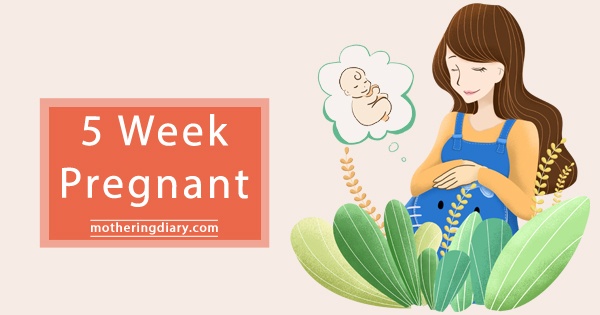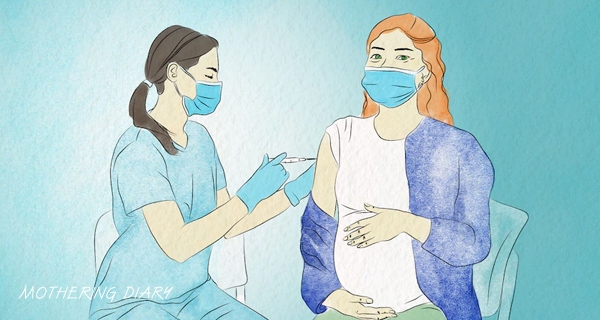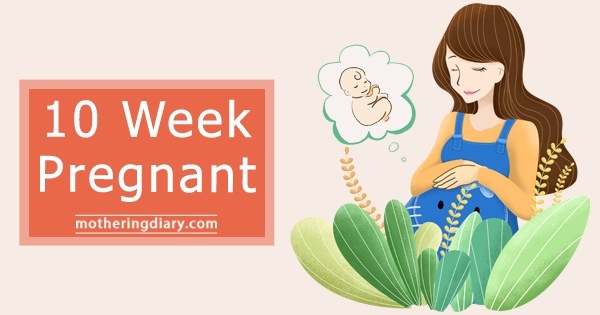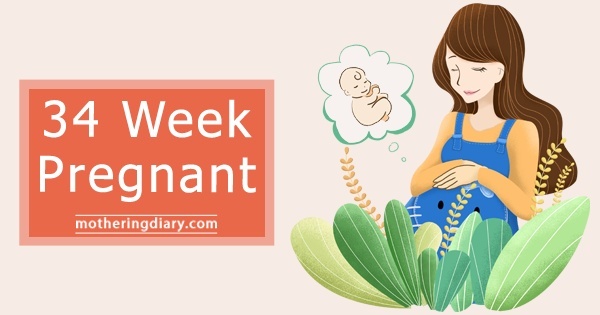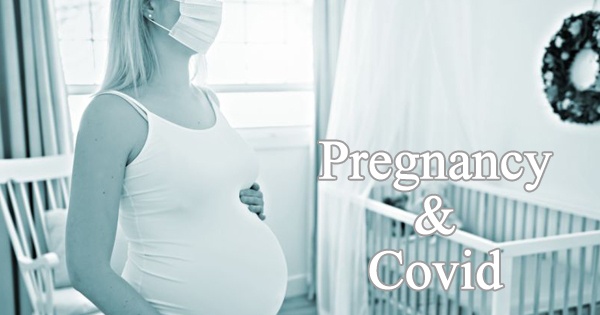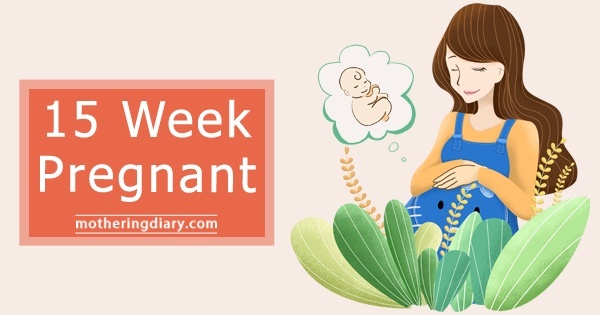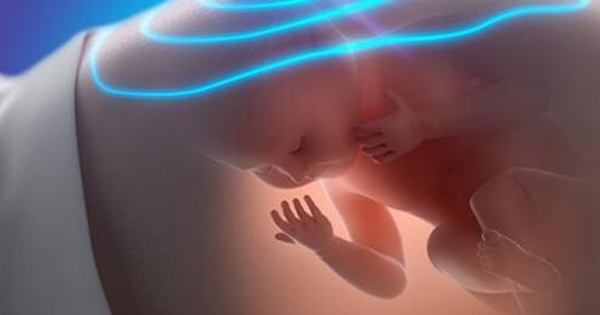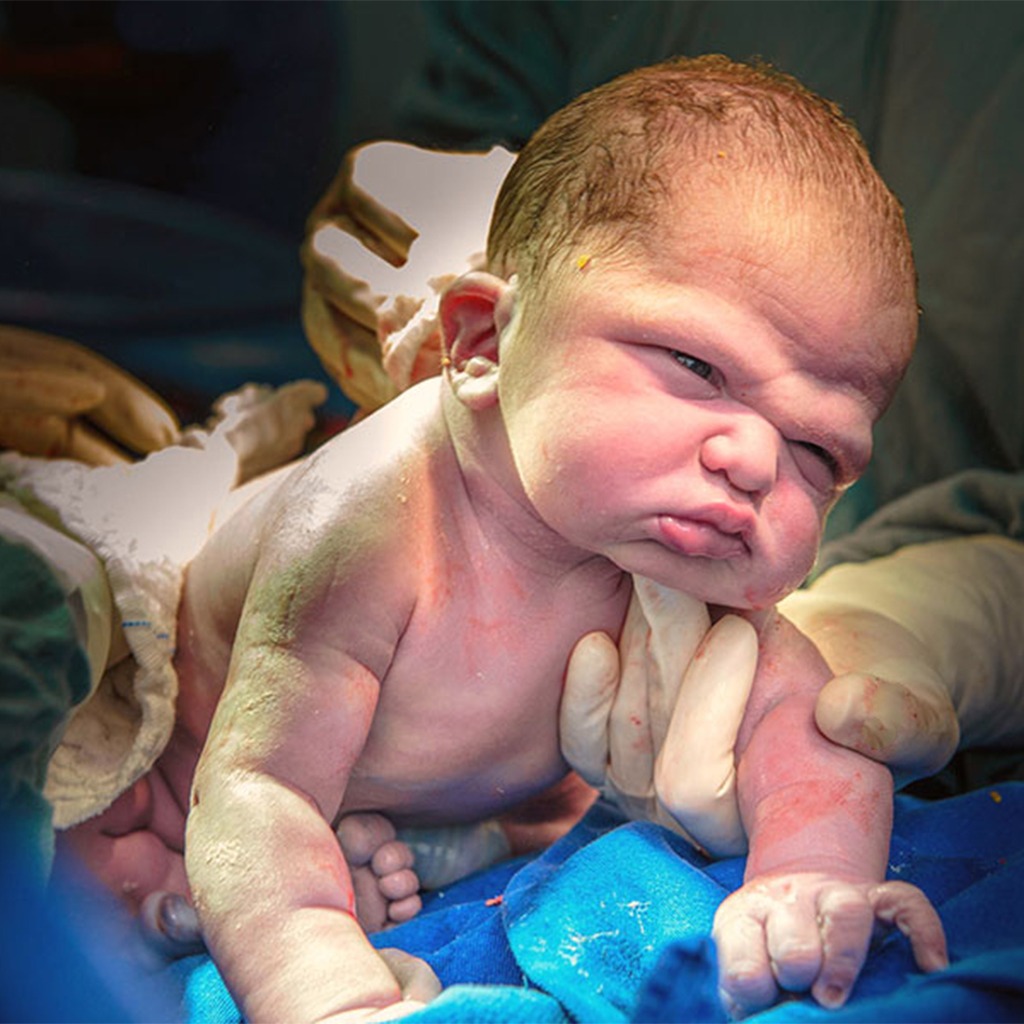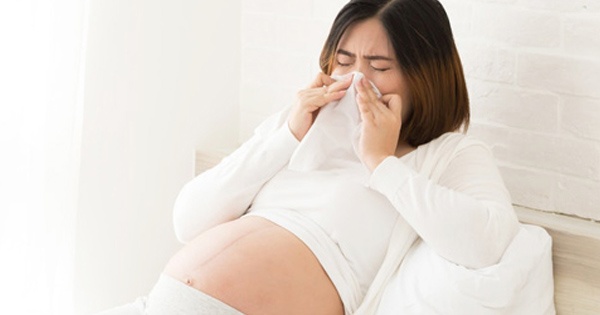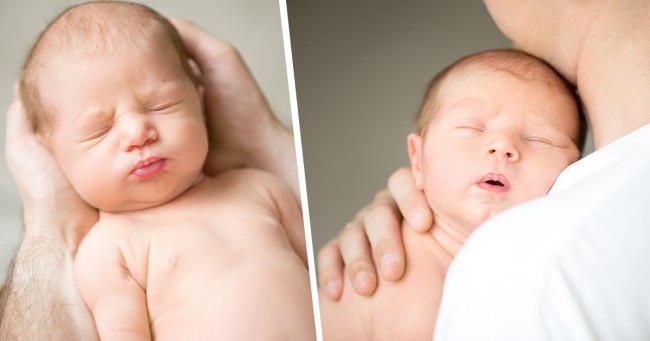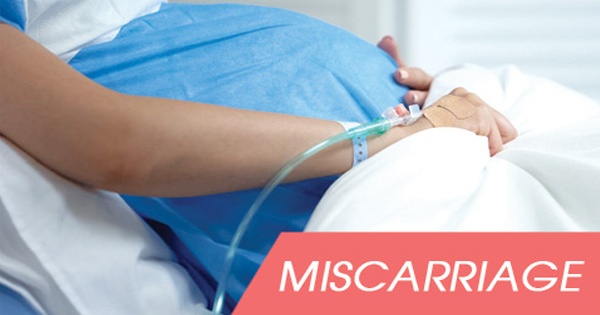

Pregnancy is considered one of the most exciting and happiest experiences in any woman’s life. However, no one can deny that pregnancy also brings a lot of worries to pregnant women as well as the whole family. During pregnancy, moms need to be really careful as many seemingly harmless factors may cause miscarriage.
So let’s find out some common causes of miscarriage:
1. Wine, beer and other alcoholic beverages.
Alcohol and alcoholic beverages are considered contraindications for pregnant mothers during pregnancy. According to the Centers for Disease Control and Prevention (CDC), the United States, drinking alcohol during pregnancy can cause miscarriage, stillbirth and a range of physical, mental and behavioral disabilities of babies.
Many pregnant women believe that drinking a small amount of alcohol in the third trimester does not affect the baby because at this time, the baby is fully developed. However, many studies have shown that, during pregnancy, it is not safe for pregnant women to drink alcohol at any stage of pregnancy. Drinking alcohol causes many bad effects on the fetus, in some cases, it may trigger a miscarriage.
Therefore, right from the time moms intend to get pregnant or know the fetus’ existence, pregnant women should completely avoid alcohol.
2. Caffeine
The cause of miscarriage can be related to a number of illnesses, especially those that limit uterine blood flow such as diabetes, thyroid disease, lupus, heart disease or uterine infection. In addition, hormonal imbalances and excessive consumption of caffeine also contribute to miscarriage. According to a study in the American Journal of Obstetrics and Gynecology, pregnant women consume 200mg or more of caffeine a day (about 2 cups of regular coffee or 5 355ml cans of soda containing caffeine) are twice as likely to have a miscarriage as those who do not drink.
Caffeine can cross the placenta to the fetus but they are difficult to be metabolized because the baby’s metabolic system is not yet fully developed. Caffeine also affects cell growth and reduces the blood flow of the fetus, thereby damaging fetal development.
The sources of caffeine include coffee, tea, caffeinated soda and hot chocolate, all of which are commonly favorite beverages of many women.
Therefore, intending to become pregnant, pregnant mothers should pay attention to change the habit of using drinks containing caffeine.
3. Diets containing lots of foods that easily cause miscarriage
Certain foods in nature have a high risk of miscarriage. Pregnant women who eat a lot of these foods may increase the risk of miscarriage. So, when pregnant, moms should avoid eating these foods to keep your baby safe.
Some typical types of foods moms need to pay attention to include: raw eggs, pineapple, aloe vera, papaya, peach, etc.

4. Smoke, especially cigarette smoke
In the first days after conception, the fetus grows very fast and is also very vulnerable to the genetic damage caused by cigarette smoke. Chromosome problems are also a common cause of miscarriage. Cigarette smoke also has the potential to affect the lining of the uterus, making it difficult for fertilized eggs to nest.
Smoking from anyone around pregnant mothers, especially fathers’ significantly contributes to the increased risk of miscarriage. A few studies have found that smoking-addicted men tend to have a higher rate of abnormalities in sperm chromosomes. Furthermore, the fact pregnant women breathe in the smoke from their surroundings is considered a very dangerous passive smoking process. More surprisingly, there have been studies that found a link between smoking and miscarriage but in which the fetus has a completely normal chromosome, implying that smoking increases the risk of miscarriage may not be related to problems with chromosomes but to other things such as reduced ability to transport oxygen and nutrients to the fetus.
Therefore, pregnant women should avoid being exposed to smoke as much as possible so as not to increase the risk of miscarriage.
5. Excessive exercise
Moderate exercise is considered good for pregnant women because it can minimize the risk of excessive weight gain, back problems, and help pregnant women prepare well for the upcoming childbirth. However, if the mother is overactive, especially in the first trimester of pregnancy, it can lead to fetal derangement and sometimes miscarriage.
Therefore, when being pregnant, moms should limit excessive exercise such as running, carrying heavy loads or exercising with high intensity. Most comfortably, moms should try swimming or light yoga.
6. Chemicals
One of the factors that increase the risk of miscarriage is frequent contact with the teratogenic agents or agents interrupting fetal development. Teratogens can be toxic and radioactive chemicals, certain viral or bacterial infections, drugs, even alcohol and tobacco.

Exposure to a teratogen during pregnancy can cause different results for each person. Some may not encounter any negative effects but some have to suffer birth defects or miscarriage, premature death, etc.
In addition, the use of medications to treat the disease can also cause miscarriage because the drug has many components that can affect the body of the mother as well as the baby.
Doctors all believe that frequent or prolonged exposure to teratogens is more dangerous to the fetus than a single or short-term exposure. Therefore, consult the doctors in advance if moms’ work is exposed to a lot of toxic chemicals. In the case that treatment is necessary, ask the doctor for measuring risks as well as proper resolutions.
7. Psychological issues
For a long time, people have realized the great impact of psychology on human health, especially on those with weak health, such as the elderly, children and pregnant women.
According to some studies, stress hormones can adversely affect the mother’s uterus as well as the baby’s development. They think that when stressed, the pregnant woman’s brain releases a hormone called corticotropin-releasing hormone (CRH). Researchers found that the CRH levels in the blood of women who gave birth to premature or low weight babies were often higher. CRH is a hormone produced by the brain in response to physical or mental stress. This hormone is also produced in the uterus of pregnant mothers, causing uterine contractions during birth. Excessive production of CRH can cause the uterus to contract excessively and cause a miscarriage.
Therefore, when determining to become pregnant, moms should keep mentally relaxed, avoid worrying.


